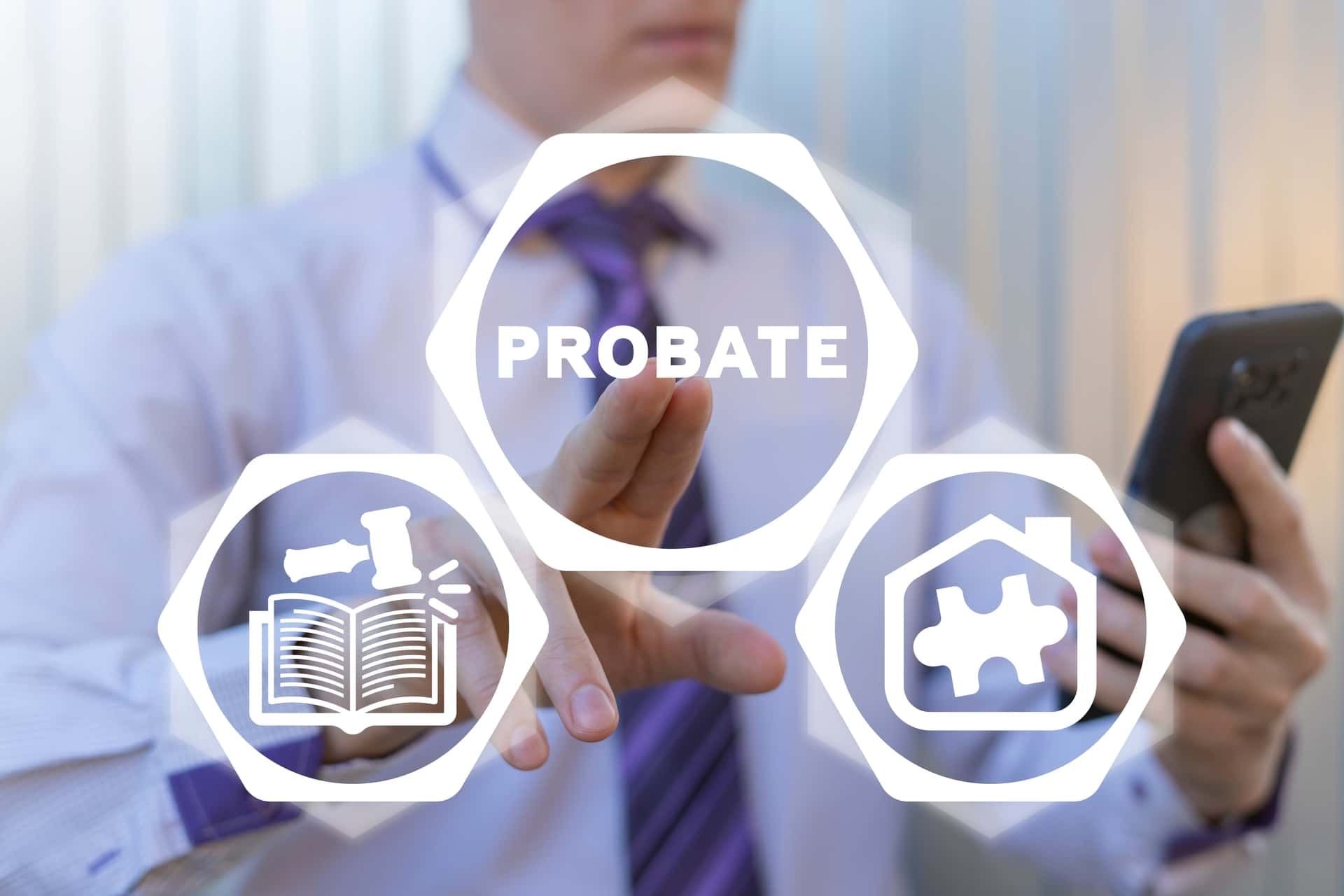What Is A Co Trustee?
Plenty of Florida citizens choose trusts as the crux of their estate plan, mostly due to their overwhelming advantages. When you create a trust, you’re referred to as a grantor and you’ll likely assume the role of the trustee of your revocable trust while you’re alive and have the mental capacity to manage it.
One of the biggest decisions is choosing a successor trustee who will take over once you’re no longer able to fulfill the duty.
Considering a trustee has a pivotal role in the management of your assets and distributing them after your death, you need to carefully consider who you pick. In such circumstances, it may be wise to appoint a co trustee - an individual who will have an equal amount of say over your assets. This provides you and your family with an extra layer of protection, but is appointing a co trustee a good choice in all circumstances?
Join us today as we explore the definition of a trust and provide an objective look at the topic of appointing a co trustee in your trust documents.
What Is A Trust?
A trust is a legal entity enabling an individual, known as the grantor, to establish an agreement designating one or more individuals and/or a company, typically a bank or trust firm, as trustees responsible for overseeing finances and assets. This arrangement is undertaken to ensure the presence of a trustworthy trustee capable of executing the grantor's wishes - sometimes even across multiple generations.
A living trust usually signifies that the trust goes into effect upon the creation of the document, while the grantor is still alive. Trusts can be revocable, which means they can be modified or completely revoked at any time in accordance with the grantor's preferences. An irrevocable trust, in contrast, can’t be changed by the grantor.
While trusts are commonly recognized for their role in minimizing or entirely avoiding probate, particularly in states like Florida, their benefits extend beyond this. From catering to disabled beneficiaries and Medicaid planning to facilitating business succession, opting for this form of financial management offers plenty of advantages, especially when compared to a will.
To begin with, a will has to go through probate, which is often lengthy and expensive, but it also offers limited control. Trust helps you circumvent both these challenges, allowing you to determine the scope of the trust while also providing exact terms and conditions for the distribution of your assets.
For example, you can include a term that states one of your beneficiaries will inherit the assets only once they fulfill certain conditions like getting a college degree.
What Are The Usual Roles Of A Trustee?
Although the trustee's responsibilities are limited by the terms of the trust and are up to the grantor’s discretion, trusts often allow the trustees to manage the following:
- Overseeing trust property per the stipulations outlined in the trust document
- Managing investments
- Handling bill payments
- Maintaining accurate records
- Preparing tax forms and filings
- Executing the distribution of the assets following the trust’s terms
- Communicating with beneficiaries about trust-related matters and providing them with an overview of trust activities
If you appoint a co-trustee, you can always include a stipulation that requires both individuals to come to an agreement before making any important decision, such as some of the ones listed above.
Benefits Of Appointing A Co-Trustee
In most cases, the biggest benefit is enabling collaborative decision-making. Because two heads are involved, you can expect them to make better choices through careful consideration of a variety of different scenarios.
Appointing a co-trustee can also help alleviate any family tensions. If you have two adult children, you can name both co-trustees, thus avoiding favoritism and minimizing the potential for family discord.
A co-trustee can also be a third party. For instance, you can assign this role to a family member but also have a professional act as a co-trustee to make certain the trust property is handled properly.
Potential Drawbacks Of Having A Co-Trustee
Though two heads are smarter than one for sure, there are some potential drawbacks of having two trustees.
For starters, if everything is to run smoothly, there must be clear and efficient communication between both parties, which isn’t always the case. Poor communication can lead to delays in trust-related matters, opening the door to plenty of challenges that may arise if the trust mandates joint actions. As an example, tasks requiring coordination such as signing checks and facilitating property sales can potentially bring grind to a halt due to conflicting personal schedules.
Even if the trust permits independent actions by co trustees, certain financial institutions and businesses may impose restrictions, complicating the execution of these tasks.
There’s also another elephant in the room to contend with - disagreements between co trustees. Just a simple dispute can impede the progress in the trust matter at hand. While the trust may outline procedures for handling conflicts, resolving them could result in delays and strain the relationships among co trustees and possibly other loved ones.
It’s worth pointing out that the financial aspect of appointing a co trustee can also be one of the downsides, as compensating two trustees incurs higher costs for the trust, and by extension, the estate.
Take The Right Steps
Opting for a co trustee has plenty of advantages mixed in with certain disadvantages, underscoring the importance of surrendering control of your assets to individuals who have appropriate qualities. Thankfully, you can also enhance the security of your estate plan by implementing terms that accurately present your intentions and serve as a guiding light for trustees if any disputes arise.
Since creating a trust requires the help of a legal professional, the natural question is - who should you choose?
Well, the legal professionals at the
Law Offices of Mary E. King specializes in estate planning and can aid you in securing your estate, ensuring the well-being of your beneficiaries and minimizing potential tax liabilities on your assets. As one of the most proficient tax and
estate planning experts in Florida, not only do we possess a high degree of skill, but we also understand the intricacies of the human element involved.
This means we can help you navigate both the legal and the personal aspects of estate planning, which may not be something you can achieve with other attorneys.
Schedule an appointment by calling
941-906-7585 or
filling out our contact form.
Note:
The information in this blog post is for reference only and not legal advice. As such, you should not make legal decisions based on the information in this blog post. Moreover, there is no lawyer-client relationship resulting from this blog post, nor should any such relationship be implied. If you need legal counsel, please consult a lawyer licensed to practice in your jurisdiction.
Disclaimer: The information on this website and blog is for general informational purposes only and is not professional advice. We make no guarantees of accuracy or completeness. We disclaim all liability for errors, omissions, or reliance on this content. Always consult a qualified professional for specific guidance.
RECENT POSTS
CONTACT US






